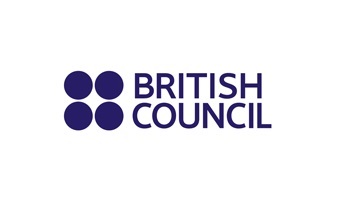You have drafted a cover letter and sent off your resumé. The call or email came through; you’ve been shortlisted! The end is now in sight! But there’s still just one more hurdle to clear: the interview. And it’s in English!
No one really enjoys interviews (if you’re one of the rare few, you wouldn’t be reading this article right now…). However, with these top tips in hand, you’ll be able to sail through it more smoothly than you might expect.
Before interview day
Be prepared
To get you started, print off the role profile and make notes on how your past experience and current skillset tick off the essential and desirable criteria that would help you complete the required duties.
Read back through your cover letter and resumé and be ready to explain any queries the interviewers may have based on these, for example, gaps between working roles, and career or industry changes.
If there’s criteria on the list that you don’t meet at present, consider how you plan to address this. For instance, you could say: ‘I am currently studying X and working towards Y qualification, which will develop my knowledge of Z.’
Do your research
Why are you interested in this particular company and job, and not another? Your future employers will sense you are passionate about the position if you demonstrate knowledge of their standing in their industry and are aware of possible career paths you are able to take. That added element of personalisation and insight may just help you stand out from other candidates.
From that, come up with around three questions that you are wondering about the company or job itself, such as, ‘What opportunities for training are there?’. Again, this will illustrate your interest in the role and show that you are looking to develop within it.
Predict and practise
There’s a set of typical questions that you’ll hear again and again from interview to interview.
Aside from the clearly expected, ‘Why would you like this position?’ and, ‘What could you bring to the role?’, these include things like, ‘What would you say your biggest weakness is?’ and, ‘Tell me a time you overcame a challenge’.
Approach people you know from your industry to find out what questions they were asked at interviews (Google is also your friend). Then, sculpt out your own answers in note form and rehearse them with someone you trust (or a mirror or voice recorder).
In part 2 next week, we’ll let you know our tips for during and after the interview, including calming your nerves, being specific, selling yourself, and reviewing and reflecting upon the interview process.






